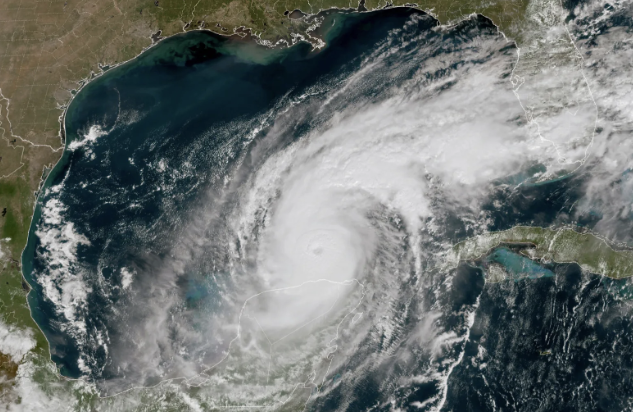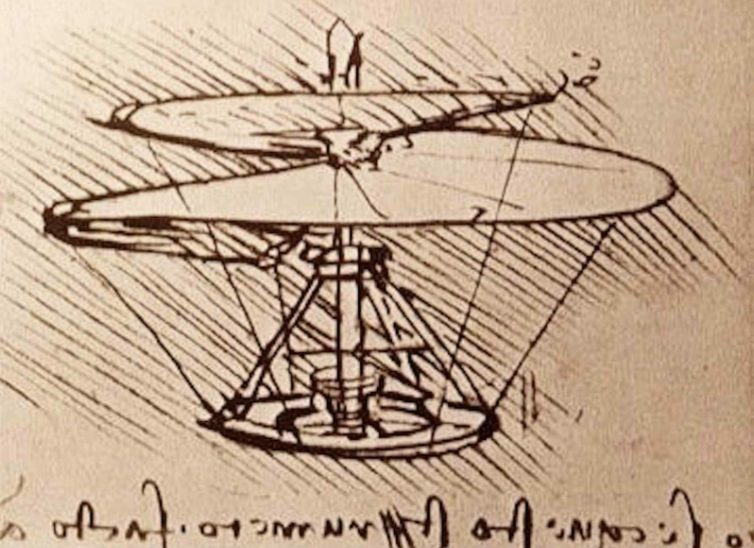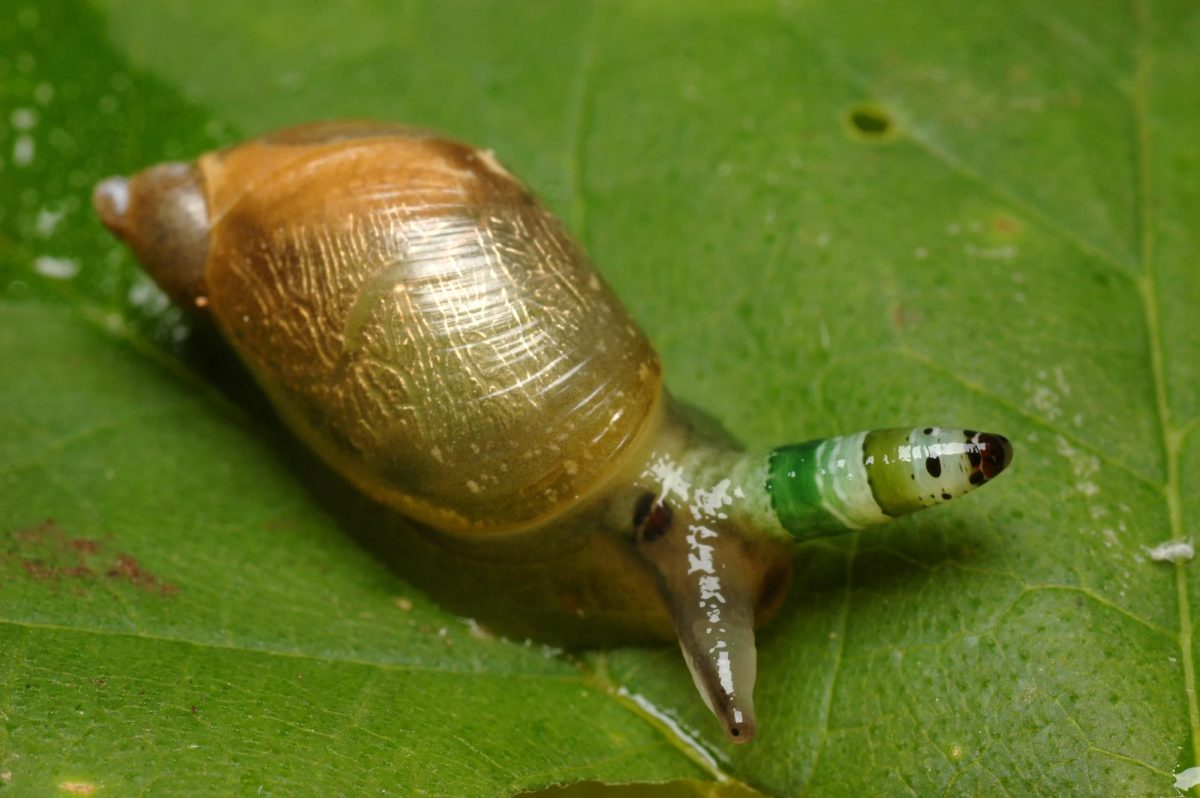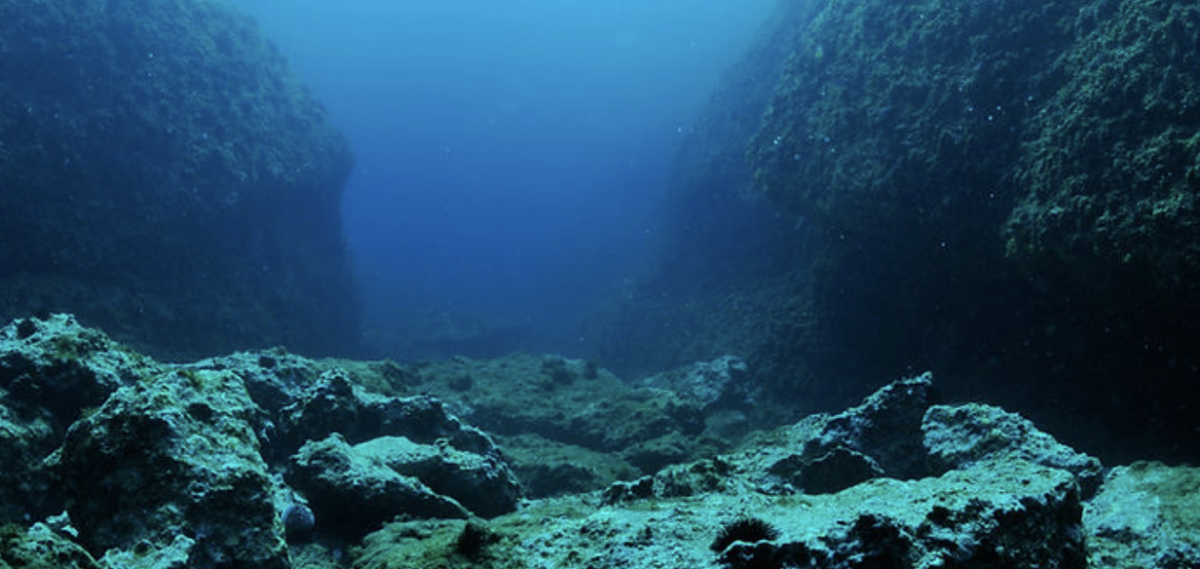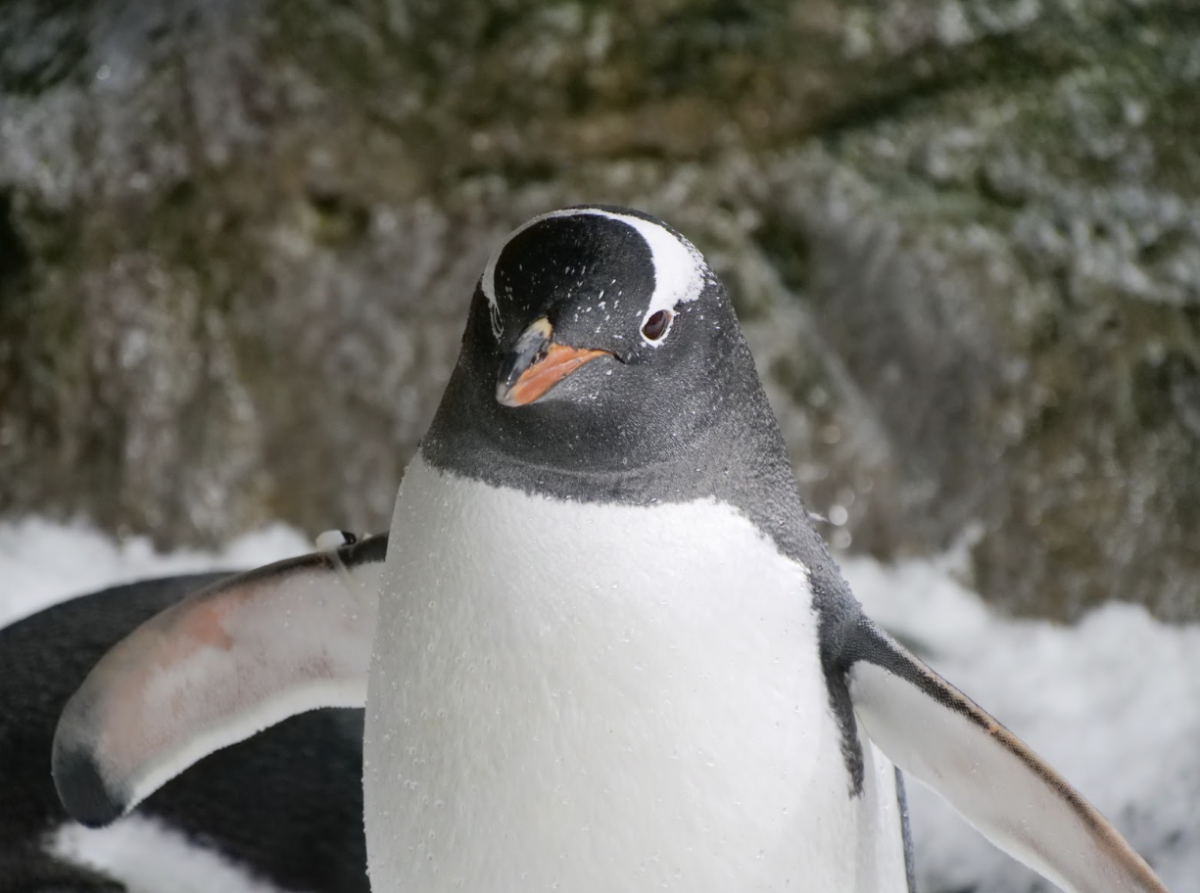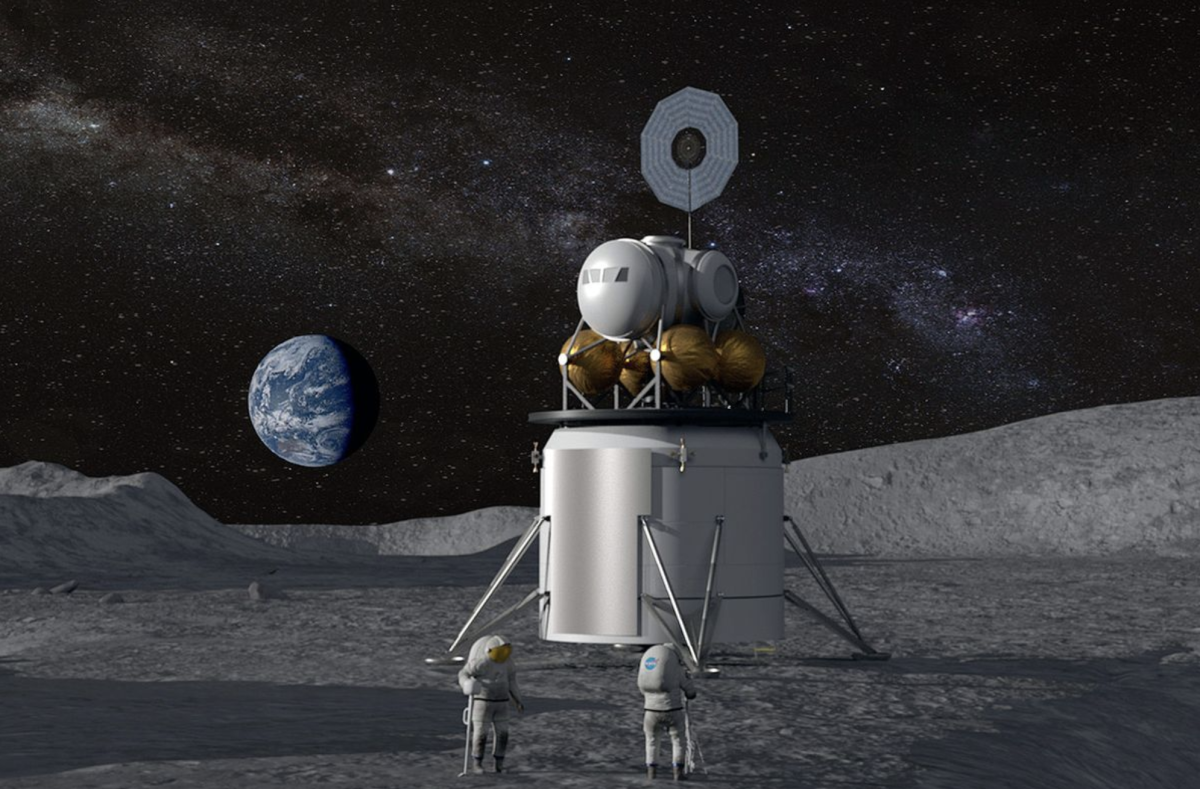Approximately 6800 natural disasters happen each year worldwide, with an annual death toll reaching 40 000-50 000. One of the most recent and catastrophic have been the hurricanes Helene and then immediately after it, Milton, the latter being the largest recorded in Tampa Bay in over a century. Among these tragedies, misinformation has been spreading like wildfire about how the hurricane formed, why natural disasters like hurricanes have become more frequent and why it was stronger and more damaging than many recorded. Under the circumstances, I think it is worth taking a closer look at how climate change has impacted hurricanes and the science behind it.
How are hurricanes formed?
When humid air is flowing up in a zone of low pressure over warm ocean water, the water is released from the air, producing clouds that become large storms. As it rises, the cloud formation rotates. The storm will then go through several stages, increasing in size as well as impact, until finally becoming a hurricane. The newly formed hurricane will grow if it moves across warm water and weaken if it passes colder waters, land, or generally areas with less humidity.
How did climate change impact the hurricanes?

Firstly, they are more likely to form and quicker to grow. Sea surface temperature rose an average of 0.88 °C (1.5 °F) between 1900 and 2020, and tropical sea surface warmed faster than that average. As has been previously mentioned, hurricanes form above warm water and are thus more frequent. Because of the warmer waters, hurricanes also absorb more water vapour and heat and have higher wind speeds, making them much more catastrophic when they hit land, see Fig. In fact, scientists predict that Category 4 and 5 hurricanes will be more common by the end of the century. Researchers also suggest that the most damaging U.S. hurricanes are three times more frequent than 100 years ago and that the proportion of major hurricanes (Category 3 or above) in the Atlantic Ocean has doubled since 1980.
Although hurricanes grow and intensify faster, they also move more slowly, leaving more damage in their wake. There is no conclusive proof of how the slower speed is linked to climate change, but the main theory is that the winds that steer hurricanes move more slowly in a warmer climate.
According to the 2023 report by the Intergovernmental Panel on Climate Change (IPCC), sea level is predicted to rise between 29 and 110 cm (about one to four feet) by 2100. This is because ice sheets and glaciers are melting due to global warming. Thus, storm surges – when wind pushes water inland during hurricanes – will become much more damaging.
The misinformation
Well, it seems clear that climate change impacts hurricanes, making them more destructive and more likely to form. Despite that, in recent weeks, a torrent of misinformation has been spreading about the hurricane’s formation. One of the largely spread theories is that meteorologists or the government have created and steered the recent hurricanes in Florida. This misinformation does not only not correspond to the true reason for the intensification of the hurricanes but impedes hurricane relief efforts in the short run and hinders our efforts to combat climate change in the long run.
The writer of this article hopes that it is clear that climate change is a very important factor in why these large, devastating hurricanes formed, and will continue forming, and another reason why we should take climate change and global warming very seriously.
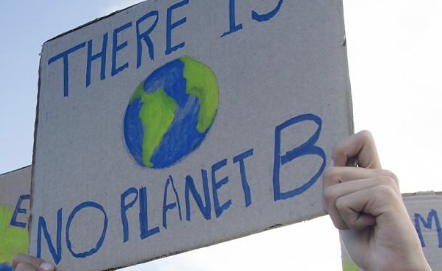
Resources:
- https://ourworldindata.org/natural-disasters
- https://www.thezebra.com/resources/research/natural-disaster-statistics/#:~:text=On%20average%2C%20there%20are%20about,devastating%2C%20powerful%20forces%20of%20nature
- https://apnews.com/article/hurricane-milton-helene-florida-557c5c512135e0a8661b298e45e17c92
- https://scied.ucar.edu/learning-zone/storms/how-hurricanes-form#:~:text=How%20Does%20a%20Hurricane%20Begin,air%20in%20a%20hurricane%20rotates.
- https://www.edf.org/climate/how-climate-change-makes-hurricanes-more-destructive#:~:text=Warmer%20oceans%20fuel%20storms&text=Evaporation%20intensifies%20as%20temperatures%20rise,when%20the%20storms%20hit%20land.
- https://www.preventionweb.net/news/four-ways-climate-change-likely-made-hurricane-helene-worse
- https://www.worldwildlife.org/stories/is-climate-change-increasing-the-risk-of-disasters#:~:text=Climate%20change%20is%20increasing%20ocean,storm%20surge%2C%20and%20rainfall%20rates.&text=Nature%20can%20help%20reduce%20the%20damage%20caused%20by%20those%20impacts.
- https://www.fema.gov/disaster/recover/rumor/hurricane-rumor-response
- https://www.bbc.com/news/articles/c1e8q50y3v7o
- https://uk.news.yahoo.com/old-storm-surge-footage-falsely-065334217.html?guccounter=1&guce_referrer=aHR0cHM6Ly93d3cuZ29vZ2xlLmNvbS8&guce_referrer_sig=AQAAAMrLucyUS0HicO-2hsETjjLSE_I5FY0680Uoj-44MltkWpuEGkKLOZ14tA40Ab78U25JFGn8zFThSMtOGMVqvEN-1Bz4lzeUAaUwimxyLpqcY08Vp-6YdpIZMmP8rXgDuE8BM9nq97RV5_VVG1eMANYo_-TRY9sg8jLXWOnTOf6l


